Many state-backed real estate projects in China have received their first development loans under a mechanism known as the “white list,” and many major cities have also eased home-buying restrictions.
Suzhou, Shanghai, Guangzhou… have eased restrictions on home purchases in an effort to boost buyer demand. In another support measure, a 330 million yuan (CNY, $46 million) loan for a state-backed development project was approved just days after the government announced a “white list” mechanism for real estate projects.
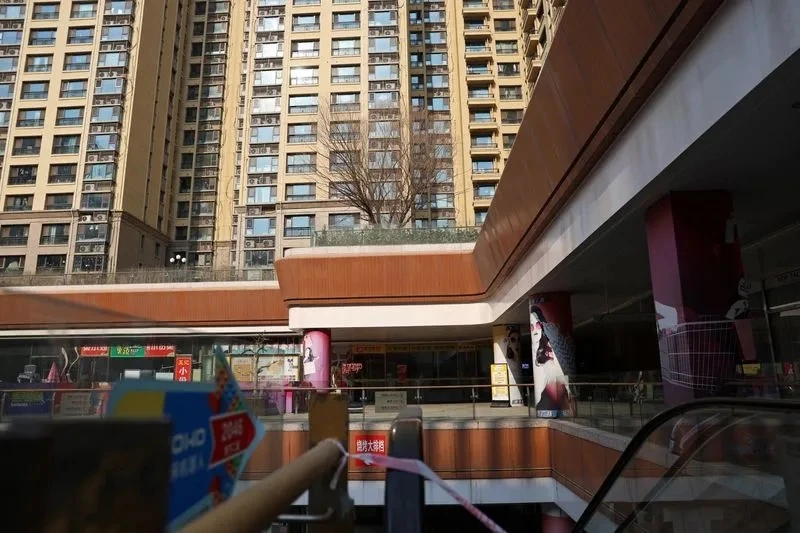
Nanning in the Guangxi region has issued its first white list to local finance companies, including 107 development projects, according to the Securities Times. The southwestern city of Chongqing has also issued a white list of 314 projects, with a total funding requirement of 83 billion yuan. The rollout of the financing support under the scheme is being closely watched as the market has been reeling from an unprecedented debt crisis since mid-2021, leading to a backlog of unfinished housing and defaults, especially among privately owned companies.
The latest measures add to a series of support policies China has rolled out over the past year to shore up the key sector. Despite a slew of support measures, the world’s second-largest economy’s property market ended 2023 with the steepest decline in home prices in nearly nine years. The new measures also take into account the impact of a court order that put Evergrande, once China’s top-selling developer, into liquidation with more than $300 billion in debt.
Christopher Beddor, deputy head of China research at Gavekal Financial Services (Hong Kong Special Administrative Region), said that homebuyers are concerned about project delays if developers face financial difficulties, which is the main reason why home sales remain slow. Unless something unexpected happens, the news of Evergrande's liquidation order will not have a big impact on buyer sentiment, Beddor said. The unfinished homes that Evergrande promised to buyers are likely to be delivered because the government considers this a top priority for all developers.
The long-term impact, economists say, is that real estate will take up a smaller share of China's economy and be replaced by other industries such as technology, consumer products and services.
KHANH MINH
Source



![[Photo] National Assembly Chairman Tran Thanh Man attends the ceremony to celebrate the 1015th anniversary of King Ly Thai To's coronation](https://vstatic.vietnam.vn/vietnam/resource/IMAGE/2025/4/13/6d642c7b8ab34ccc8c769a9ebc02346b)

![[Photo] National Assembly Chairman Tran Thanh Man attends the Policy Forum on Science, Technology, Innovation and Digital Transformation](https://vstatic.vietnam.vn/vietnam/resource/IMAGE/2025/4/13/c0aec4d2b3ee45adb4c2a769796be1fd)
![[Photo] Prime Minister Pham Minh Chinh chairs the Government's special meeting on law-making in April](https://vstatic.vietnam.vn/vietnam/resource/IMAGE/2025/4/13/8b2071d47adc4c22ac3a9534d12ddc17)





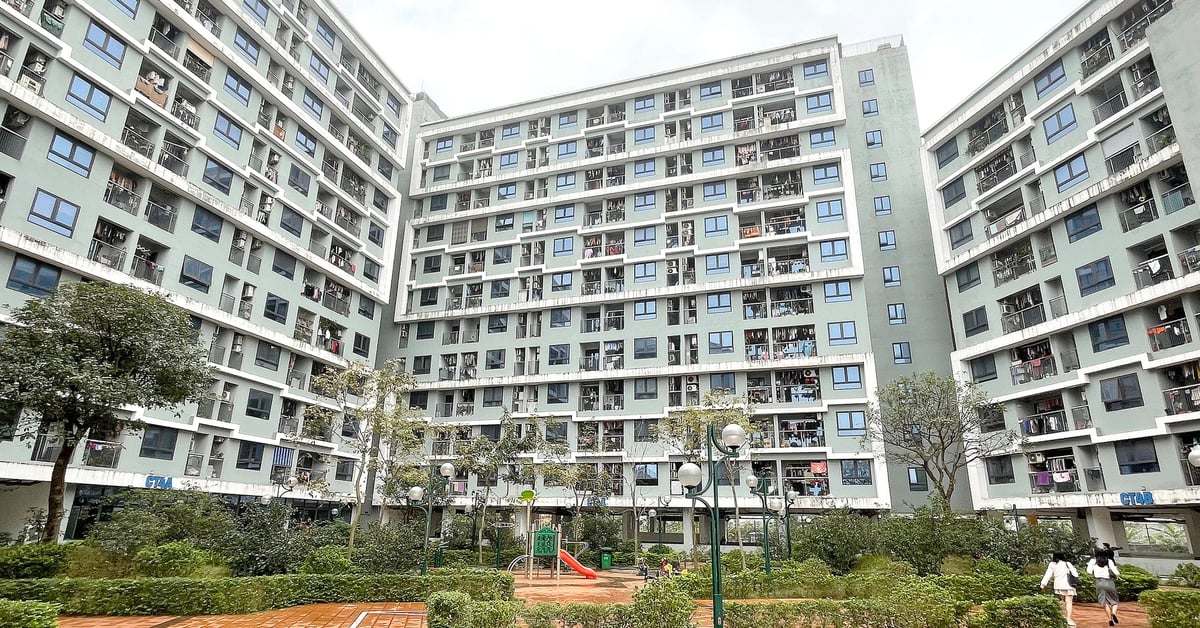

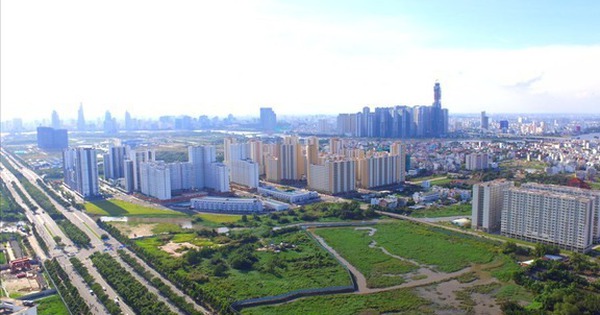

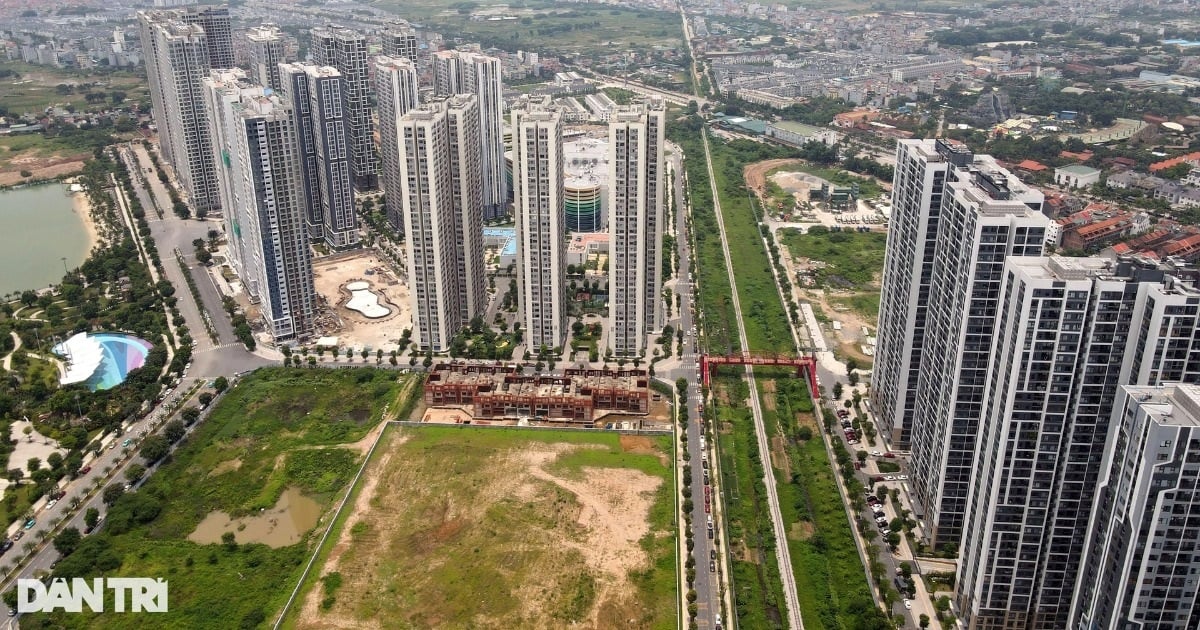


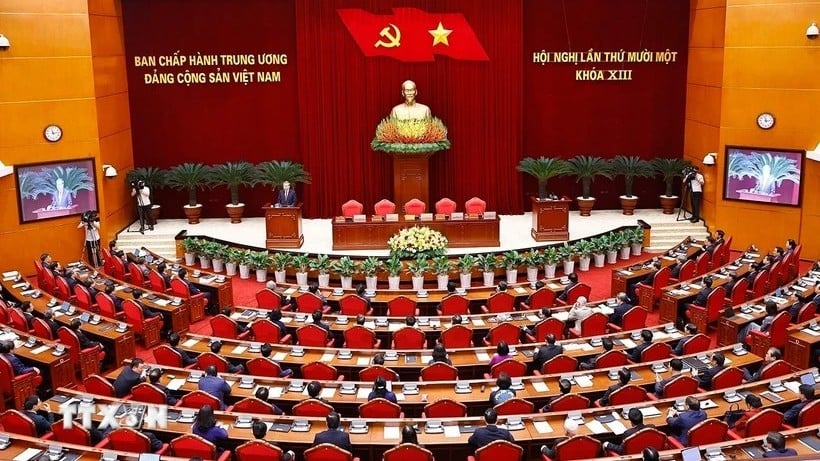









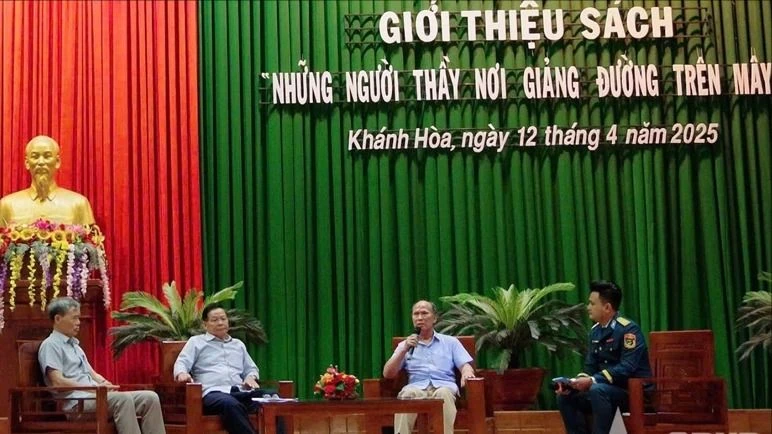







































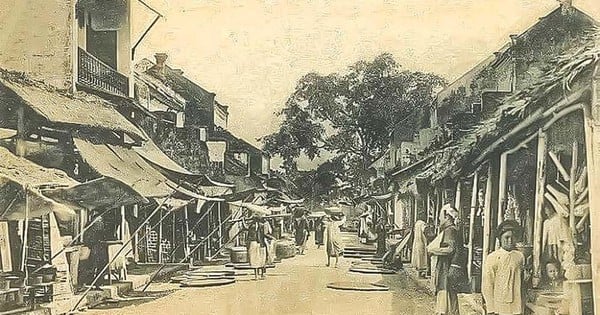



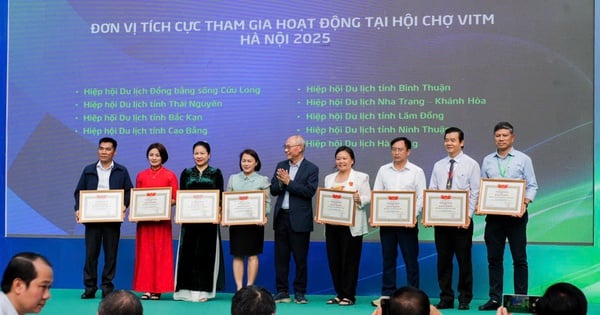







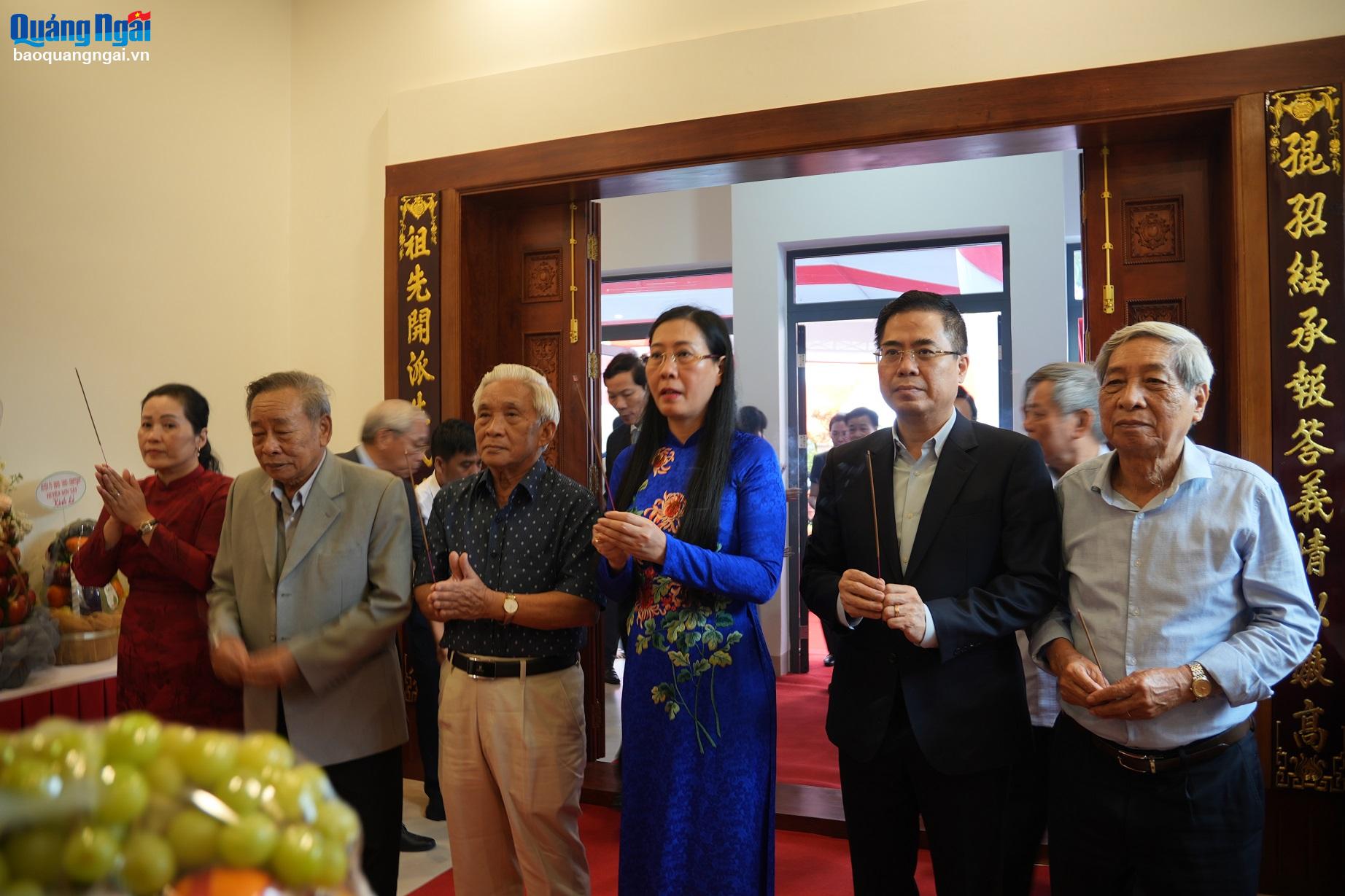
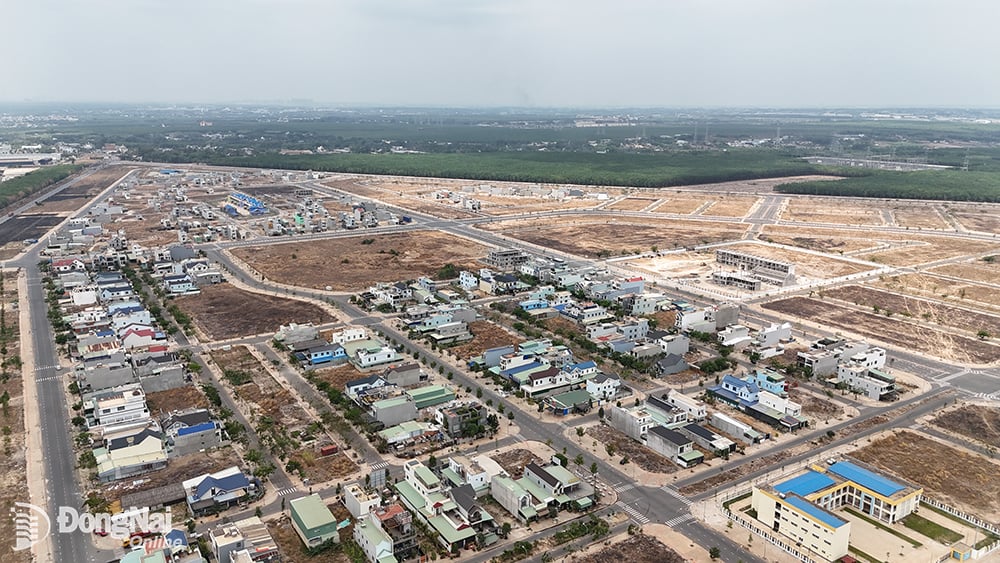













Comment (0)